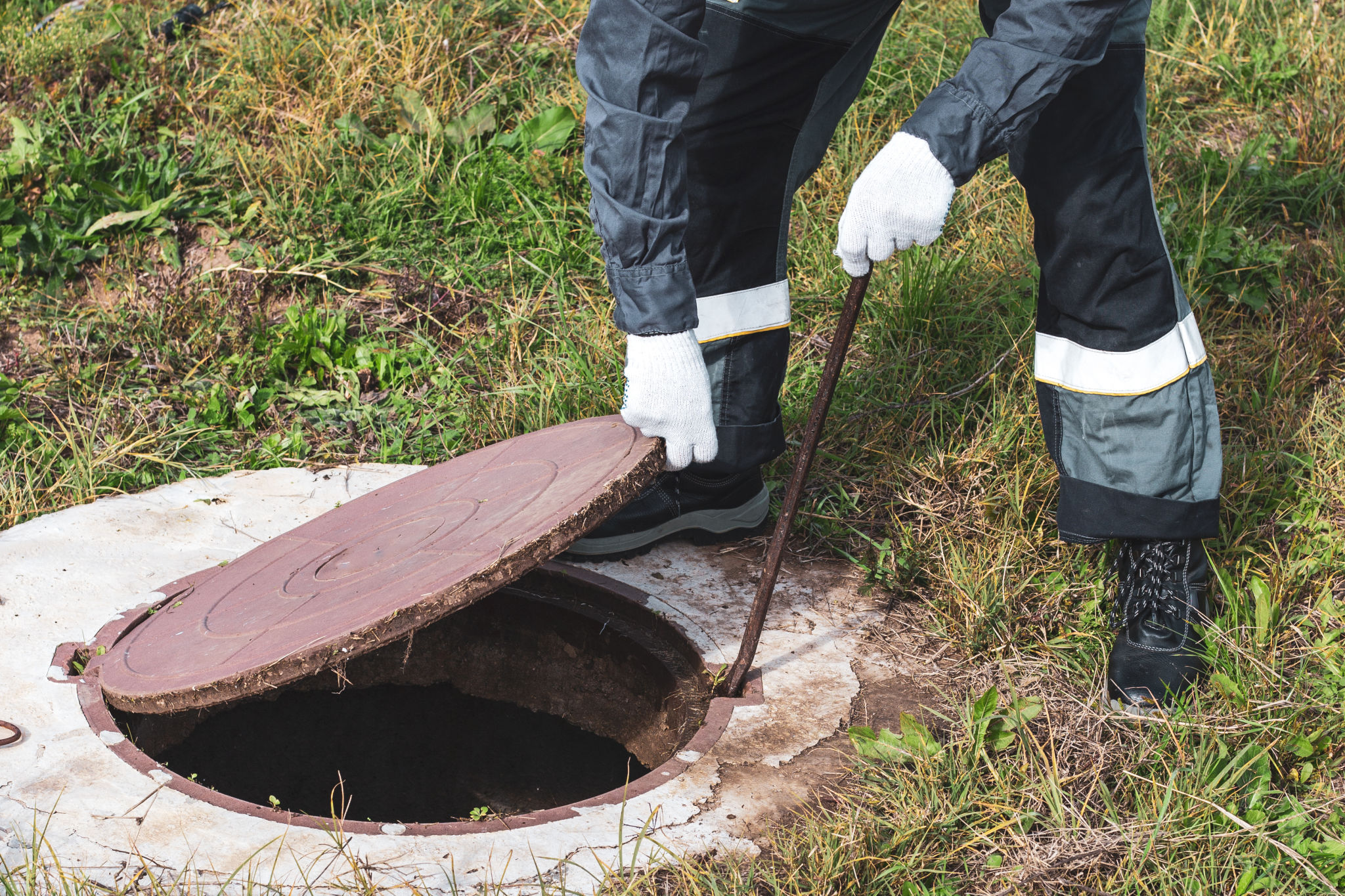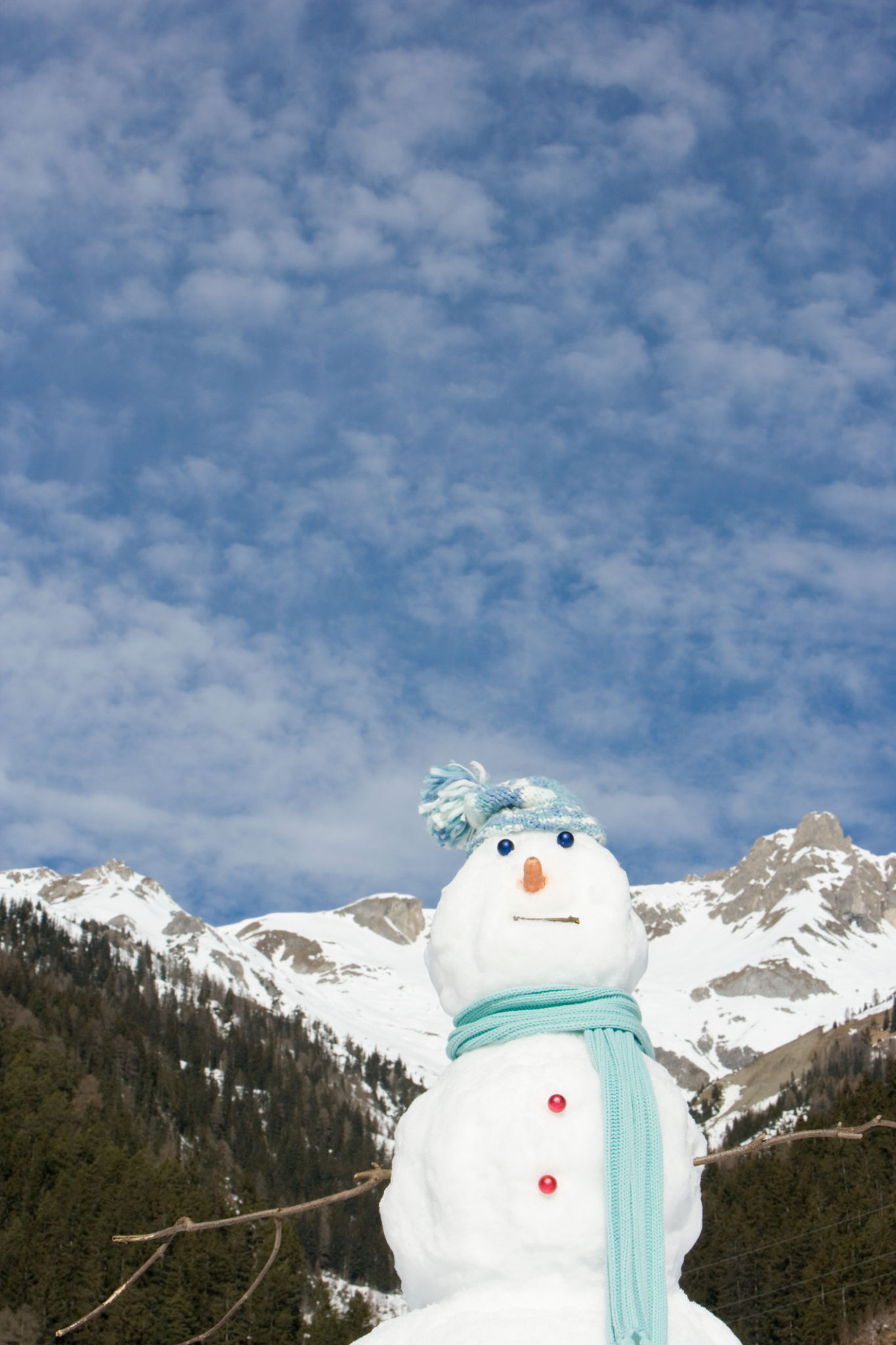How Weather Conditions Affect Your Cesspool: Insights for Long Island Residents
Understanding Cesspools and Their Vulnerability to Weather
For Long Island residents, cesspools are a common solution for managing wastewater, especially in areas not connected to municipal sewer systems. However, these underground storage systems can be quite vulnerable to various weather conditions. Understanding how weather affects your cesspool can help in maintaining its efficiency and longevity.
Weather conditions such as heavy rain, snow, and temperature fluctuations can impact how your cesspool functions. Being aware of these impacts can prevent costly repairs and ensure your system continues to work effectively throughout the year.

The Impact of Heavy Rainfall
Long Island experiences significant rainfall throughout the year, which can lead to excess water seeping into your cesspool. This can cause the system to overflow or become backed up, leading to unpleasant odors and potential health hazards in your yard.
During heavy rains, it's crucial to monitor your cesspool for signs of distress. Look for soggy patches in your yard or slow draining fixtures inside your home, which could indicate that your cesspool is struggling to handle the excess water.

Winter Weather and Freezing Temperatures
Winter weather poses its own challenges for cesspool systems. Freezing temperatures can cause the ground around your cesspool to harden, making it difficult for wastewater to percolate out of the system. This can lead to backups and inefficient operation.
To mitigate these issues, consider insulating exposed pipes and ensuring that your cesspool is regularly pumped before the onset of winter. This proactive maintenance can help prevent freezing-related complications.

Preventive Measures for All Seasons
Regular maintenance is key to ensuring your cesspool performs optimally regardless of the weather. Here are some tips:
- Regular Inspections: Have a professional inspect your cesspool at least once a year to identify any potential problems early.
- Pumping Schedule: Stick to a regular pumping schedule based on professional advice, usually every 3-5 years.
- Water Conservation: Reduce water usage during heavy rain periods to ease the burden on your cesspool.
Long-Term Strategies for Cesspool Care
For long-term cesspool health, consider landscaping with drainage in mind. Planting grass or shrubs with shallow roots around your cesspool can help absorb excess water and reduce surface runoff.
Additionally, installing drainage systems or French drains can divert water away from your cesspool, preventing oversaturation of the soil surrounding it.

Conclusion
Being mindful of how weather conditions affect your cesspool is essential for Long Island residents. By understanding the impact of rain, snow, and temperature changes, you can take proactive steps to maintain your system's functionality. Regular inspections and strategic landscaping are effective measures that protect your investment and ensure a healthy environment for your home.